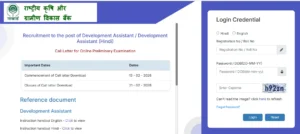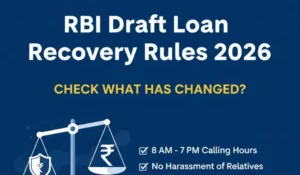Dear Aspirants,
SBI PO 2019 | How to Prepare for English | Best Strategy For SBI English
IBPS Calendar 2019-20 Released
Preparing for IBPS 2019 Exams? Click Here to fill this form for Study Material & Updates.
Ibps Clerk Mains & Sbi 2019 | Core of Reasoning | Puzzle
16th January 2019 | The Hindu | The Editorial Today | Editorial Discussion by Vishal Sir
Current Affairs 16TH JAN 2019 |THE HINDU | DAILY CURRENT AFFAIRS | DAILY NEWS
The pain you feel today is the strength you will feel tomorrow. For every challenge encountered, there is an opportunity for growth.




 NABARD Development Assistant Admit Card ...
NABARD Development Assistant Admit Card ...
 Daily Current Affairs and GK Updates (14...
Daily Current Affairs and GK Updates (14...
 RBI Draft Loan Recovery Rules 2026, Chec...
RBI Draft Loan Recovery Rules 2026, Chec...









